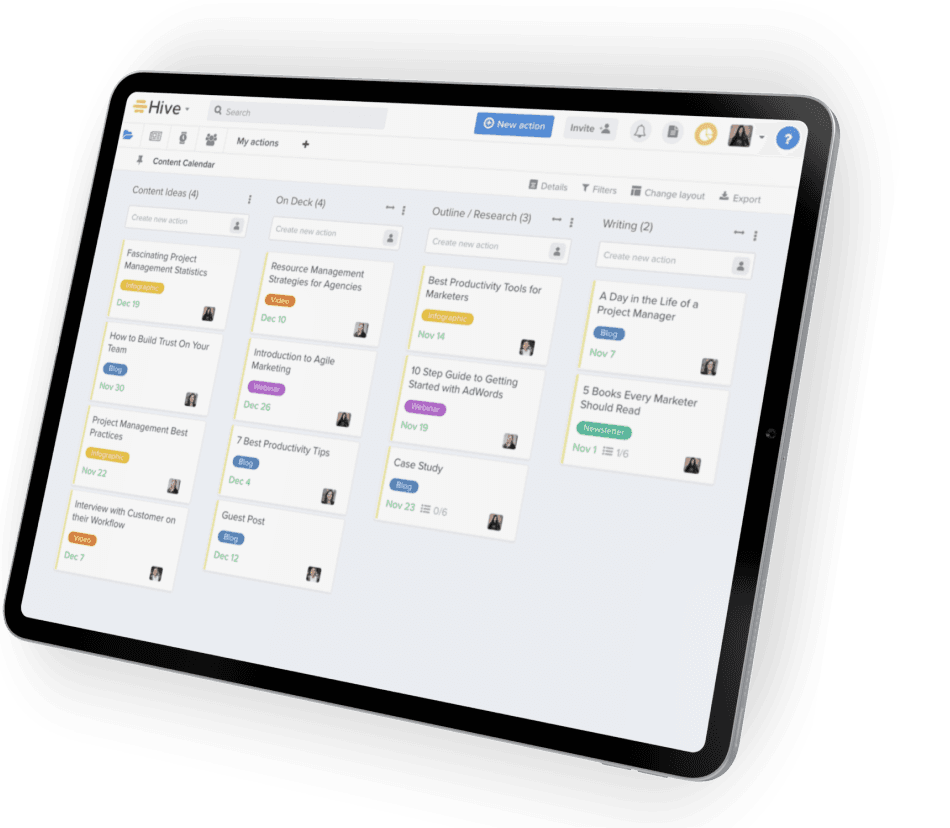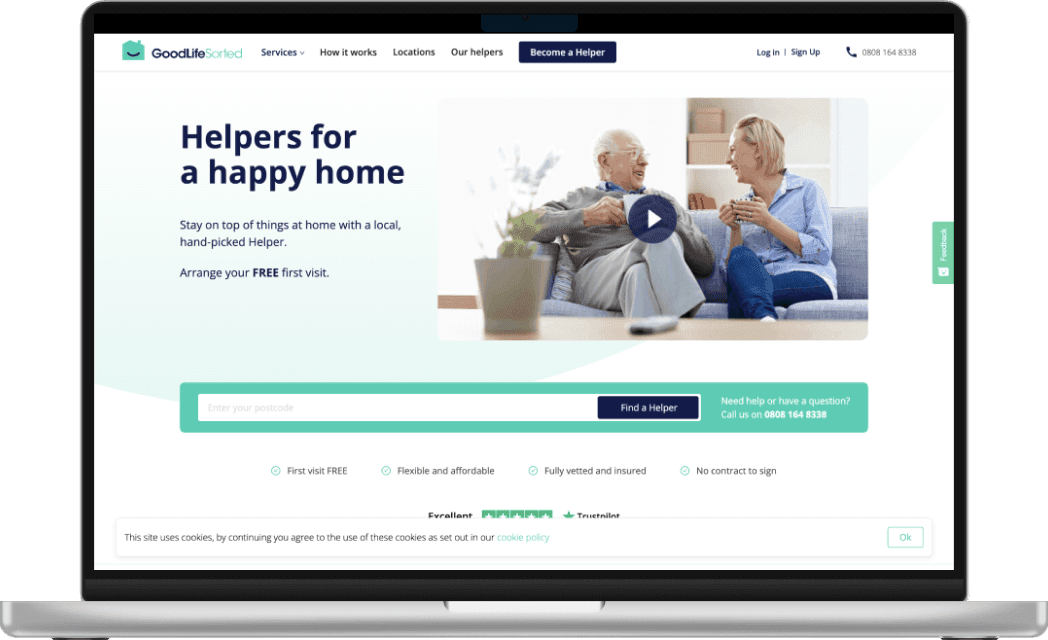Classification of the e-learning platforms
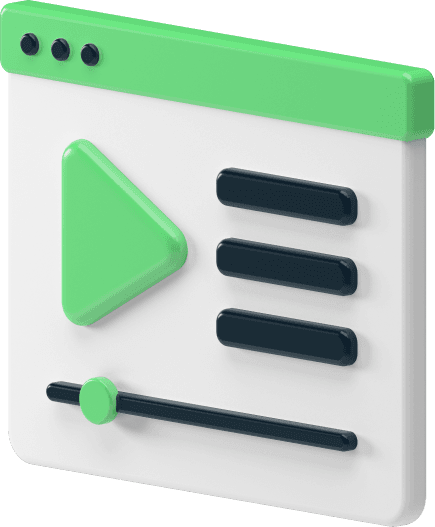
$ billion
The worldwide EdTech market is expected to be worth in 2025
*According to Statista Research Department
Custom app development: Key features of the EdTech software
Questions you may have
Learn more about our flow
While developing an eLearning application, it is good to plan the monetization strategy in advance to earn money through your online education app. ELearning marketplaces targeted at a wider audience have monetization models as follows:
Subscription
Free or premium subscription to a particular course.
One-time payment
Users pay a fixed one-time fee and get access to your educational platform.
Ads
Placing a third-party ad on your app.
In-app purchases
Selling an educational product or service on the app. For example, Coursera offers free training but if a student wants to get a certificate, they have to pay for it or apply for the Financial Aid program.
P2P payment
Peer-to-peer payment system empowers transferring money from students to lecturers directly. In this case, an online education platform acts as a middleman that processes these transactions and charges fixed commission.
First, if you’re planning to launch an eLearning app that stacks up against market leaders, like Coursera or Udemy, choose the most appropriate business model.
Though both of these platforms offer online courses, they have some differences. For now, Coursera collaborates with 148 famous universities and edu establishments from 29 countries as the course contributors. Among them you can find Yale, University of Michigan, Stanford, London Imperial College, Arizona State University and leading companies like Google or IBM, etc. This approach has turned Coursera into a decent competitor to traditional education, giving access to materials of the same quality mainly for $39-$79 per month.
Udemy allows everyone to create their courses for sharing knowledge and boasts quality and quantity as well.
eLearning marketplace enables users to discover new information, specialize in any industry and improve their skills via completing various training.
In today’s ever-changing world, online education grows rapidly, and after COVID-19 pandemic it becomes a life-saving need. Create your next Coursera to let people attend classes online, enrich knowledge, get certification and extend their opportunities.
Easy resources delivery for the companies and educational institutions
Self-paced, flexible, and remote learning
24/7 courses availability (online/offline)
Possibility to get certified for the completed courses
Participation in the global learning community
Collaboration between students and teachers
Engagement models:
Fixed price
This type of contract is a perfect fit for startups and small businesses, where it’s possible to evaluate the time and cost of development precisely. After analyzing and scoping your project we give you a quote that is unchangeable once it’s approved.
Dedicated hiring
For mid and large-sized projects we highly recommend hiring a development team that will be dedicatedly working for you. This model is suitable for projects with very little scope of adjustments on-the-go.
Hourly basis
As for enterprises and on-going projects with an extensive scope of additions, time & material model works for them best. Hire your developers and pay-as-you-go.
Why to choose Apiko for building an e-learning marketplace?
Development stack we use for e-learning marketplace development apps
Infrastructure | Frontend | Backend | Databases | Testing | Mobile | Programming languages | AI |
|---|---|---|---|---|---|---|---|
 |  |  |  |  |  |  | |
 |  |  |  | 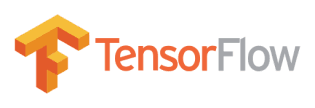 | |||
 |  | 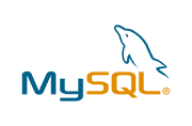 |  | 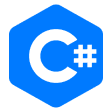 |  | ||
 |  | 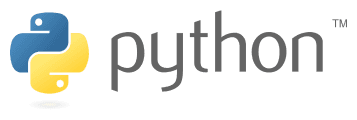 | 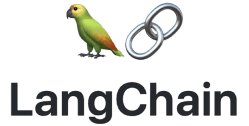 | ||||
 |  |  |  | ||||
 |  |  | |||||
 | 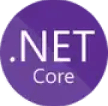 |  | |||||
 |  |  | |||||
 |  |


